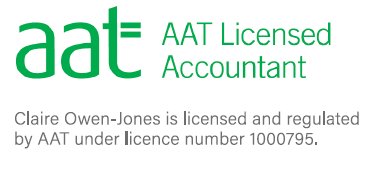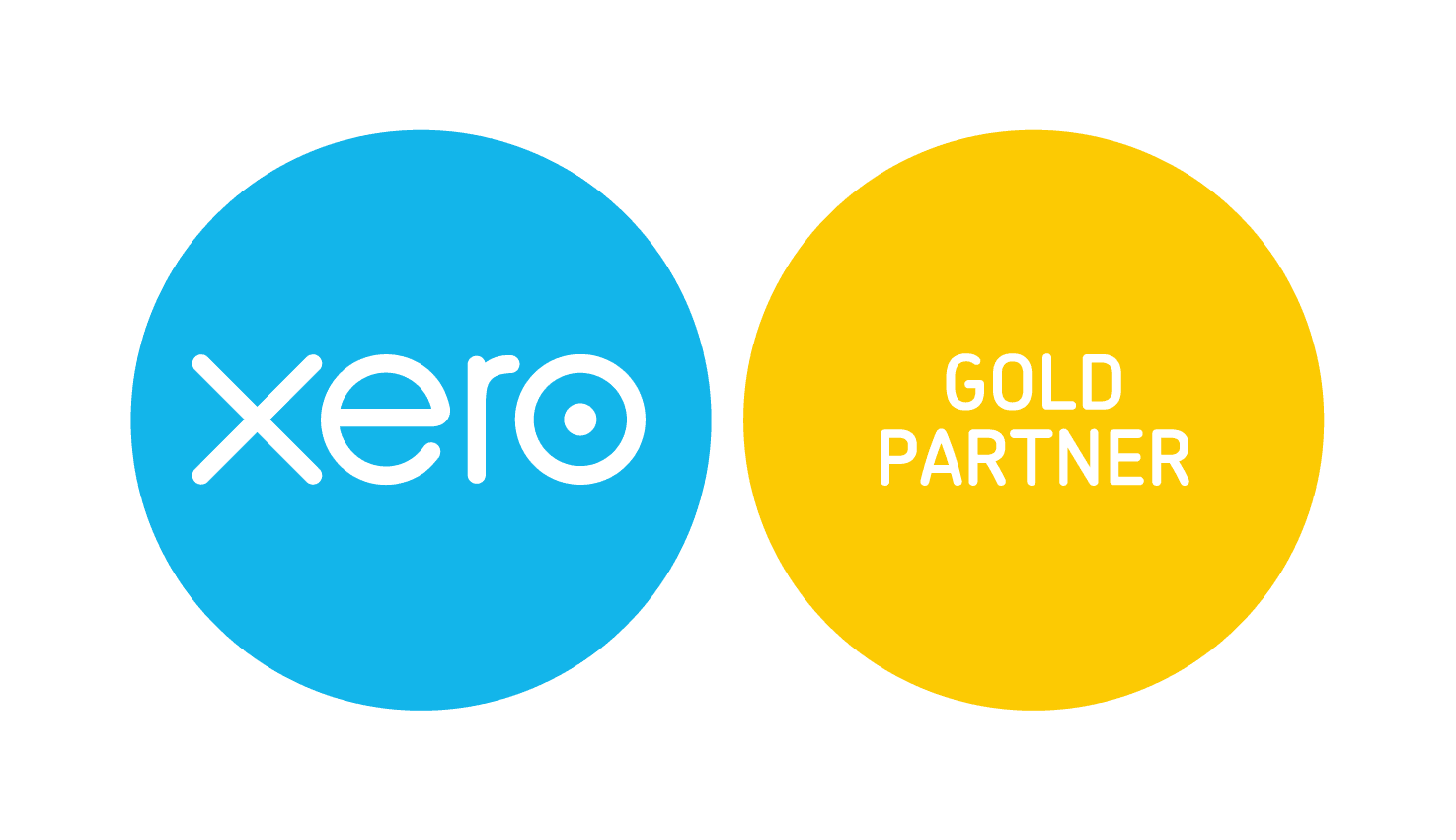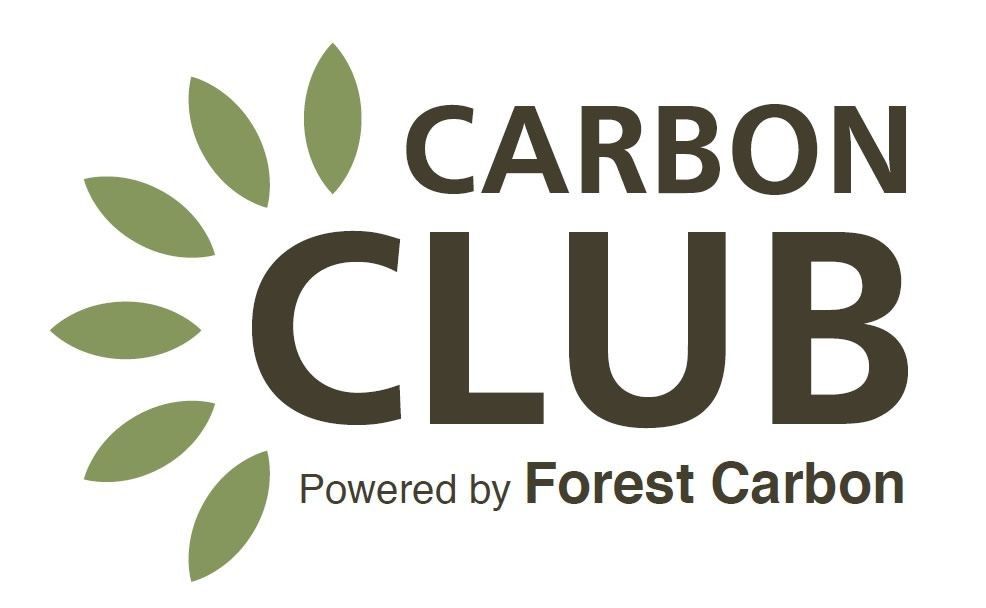I'm sure we've all seen the statistics on how many businesses fail within the first five years of trading. For any new start up, it's a scarily high percentage to read as it ranges from 50 to 80% depending on who you trust.
Of course there are many reasons why a business will fail. No market. No cash. Poor profit. Underfunded. The list goes on.
However I often wonder how many businesses have a strategy. A proper strategy. Too often the plan seems to work along the lines of "if I build it, they will come". Now if the market place is ready and you have no, or at least very poor, competition then that may be the case. Set up shop and indeed they may come, but for the vast majority of us, they won't. Very few of us will have little or no competition and when your potential customers have a choice, why should they come to you?
When it comes to finding examples of strategy, I always think that the military is a good place to start. I'd love to find a better, less violent example but so far have not.
So let's go medieval for this blog. Imagine I'm your business competitor, sat in a castle guarding my kingdom of customers. You've set up your business and now you want to take my customers from me. You're sat on a horse at the top of a nearby hill with a small army. How will you approach and conquer my territory? Will you stroll down in broad daylight? Will you shimmy through the town offering lower rates? Will you promise to be nicer than me?
It's harsh but just saying you have great customer service is not a strategy. It's expected.
To start your strategy, you need to realise that we all make our buying decisions based upon these three things: quality, convenience or price. Now pick one.
Yes you can be cheap and quick. Quick and high quality. Or in fact any combination of two. But you can only be the best in one. No one can be the cheapest and the fastest in their industry. Choose one and focus on it.
So how does this relate to strategy?
I had a meeting with one of my retail clients recently. Their situation probably sounds very familiar. A much larger firm is in their patch. They sell the same products but because they can buy them in bulk and sell them on in far greater numbers, their prices can be much lower. My client just can't compete with them on price. They'll go out of business.
My client gives great customer service. They know their product incredibly well. Their team works together. They have a great business. But so does their competitor.
So what should they do? How can they ride down on their horse and capture these customers? Well they can't do price as that isn't a viable option as I mentioned above. They also can't do quality as they are selling identical products. So their strategy is to focus on convenience. In this case it's delivery time. So they've employed extra drivers. Streamlined their systems. Suddenly they're the guys you contact if you need parts quickly.
Now they've got KPIs that focus on speed. They have to be faster than the competition as that's their edge. And for them, it's working.
This is, of course, only one part of your strategy as you need to know your ideal customers for it to work.
For example, if you are a hairdresser, a quality haircut for an 18 year old is going to be different to that of an 80 year old. Quality goes beyond simply cutting hair well; it's also down to fashion, styles, products and experience. Quality could be the level of service. One offs, designer or exclusive designs. It could be the extras. It could be your niche knowledge.
The same goes for convenience. This might not be delivery speed. It could be online booking systems. Or longer/different opening hours. Communication methods. And so on.
And price isn't always being the cheapest. It could be payment methods: monthly direct debits or finance.
The trick is to know your ideal customers and ask yourself what you need to do to capture them from your competitors. What can you offer your potential customers that they don't. Once you have worked this out you can build on it and that will form the basis of your strategy.
Of course there are many reasons why a business will fail. No market. No cash. Poor profit. Underfunded. The list goes on.
However I often wonder how many businesses have a strategy. A proper strategy. Too often the plan seems to work along the lines of "if I build it, they will come". Now if the market place is ready and you have no, or at least very poor, competition then that may be the case. Set up shop and indeed they may come, but for the vast majority of us, they won't. Very few of us will have little or no competition and when your potential customers have a choice, why should they come to you?
When it comes to finding examples of strategy, I always think that the military is a good place to start. I'd love to find a better, less violent example but so far have not.
So let's go medieval for this blog. Imagine I'm your business competitor, sat in a castle guarding my kingdom of customers. You've set up your business and now you want to take my customers from me. You're sat on a horse at the top of a nearby hill with a small army. How will you approach and conquer my territory? Will you stroll down in broad daylight? Will you shimmy through the town offering lower rates? Will you promise to be nicer than me?
It's harsh but just saying you have great customer service is not a strategy. It's expected.
To start your strategy, you need to realise that we all make our buying decisions based upon these three things: quality, convenience or price. Now pick one.
Yes you can be cheap and quick. Quick and high quality. Or in fact any combination of two. But you can only be the best in one. No one can be the cheapest and the fastest in their industry. Choose one and focus on it.
So how does this relate to strategy?
I had a meeting with one of my retail clients recently. Their situation probably sounds very familiar. A much larger firm is in their patch. They sell the same products but because they can buy them in bulk and sell them on in far greater numbers, their prices can be much lower. My client just can't compete with them on price. They'll go out of business.
My client gives great customer service. They know their product incredibly well. Their team works together. They have a great business. But so does their competitor.
So what should they do? How can they ride down on their horse and capture these customers? Well they can't do price as that isn't a viable option as I mentioned above. They also can't do quality as they are selling identical products. So their strategy is to focus on convenience. In this case it's delivery time. So they've employed extra drivers. Streamlined their systems. Suddenly they're the guys you contact if you need parts quickly.
Now they've got KPIs that focus on speed. They have to be faster than the competition as that's their edge. And for them, it's working.
This is, of course, only one part of your strategy as you need to know your ideal customers for it to work.
For example, if you are a hairdresser, a quality haircut for an 18 year old is going to be different to that of an 80 year old. Quality goes beyond simply cutting hair well; it's also down to fashion, styles, products and experience. Quality could be the level of service. One offs, designer or exclusive designs. It could be the extras. It could be your niche knowledge.
The same goes for convenience. This might not be delivery speed. It could be online booking systems. Or longer/different opening hours. Communication methods. And so on.
And price isn't always being the cheapest. It could be payment methods: monthly direct debits or finance.
The trick is to know your ideal customers and ask yourself what you need to do to capture them from your competitors. What can you offer your potential customers that they don't. Once you have worked this out you can build on it and that will form the basis of your strategy.







